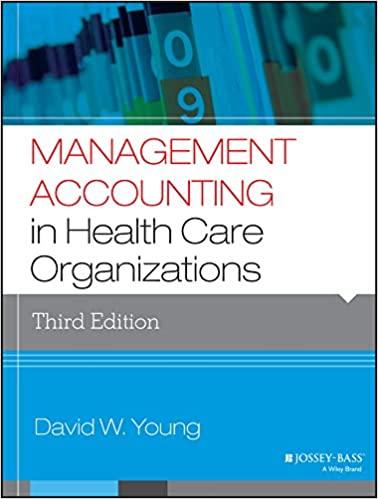

CASE STUDY 2 Scenario 1 In the finite element analysis, the CST element can be defined as structured or unstructured mesh. Structured mesh refers to the uniform size and orientation of CST elements during the discretization process. Meanwhile, an unstructured mesh is a condition where the size and orientation of the CST element become random. Consider the following thin plate with structured mesh (Fig 2) and unstructured mesh (Fig 3): 1.35L Fig 1: Thin plate 0.85L 0.5 Fig 2: Structured mesh 0.675L 0.675L Fig 3: Unstructured mesh Can you identify the major differences between these two mesh configurations? If L = 300 mm, t = 2.5 mm, E = 2.05 x 108 kN/m, v = 0.3 and F = 100 kN/m, determine the stiffness matrix for each element and analyse the stresses. Scenario 2 We know that the CST element is the easier membrane element to be derived using minimum potential energy or Galerkin formulation. However, the number of CFS elements that can be associated with the manual calculation may be limited to the three or four only. In the finite element analysis, a greater number of elements may necessary to improve the accuracy of results. This will lead to a more complicated solution, especially to establish the stiffness matrix. In a certain situation where the structure is symmetric and identical in terms of boundary conditions, one can solve using the asymmetric approach. Consider the following thin plate: e1 e3 e3 e2 e4 e4 L Fig 1: Full body Fig 2: Half body (asymmetric) Since element e1 is similar to e3 and e2 is similar to e4, we can just use half body of the thin plate. By properly defining the boundary condition, one can solve the displacements, reaction forces and stresses on the thin plate easily. Let's consider L = 375 mm, t = 2.5 mm and F = 50 kN/m. The thin plate is made of cold-formed steel. Can you analyse the stress on e3 and e4? CASE STUDY 2 Scenario 1 In the finite element analysis, the CST element can be defined as structured or unstructured mesh. Structured mesh refers to the uniform size and orientation of CST elements during the discretization process. Meanwhile, an unstructured mesh is a condition where the size and orientation of the CST element become random. Consider the following thin plate with structured mesh (Fig 2) and unstructured mesh (Fig 3): 1.35L Fig 1: Thin plate 0.85L 0.5 Fig 2: Structured mesh 0.675L 0.675L Fig 3: Unstructured mesh Can you identify the major differences between these two mesh configurations? If L = 300 mm, t = 2.5 mm, E = 2.05 x 108 kN/m, v = 0.3 and F = 100 kN/m, determine the stiffness matrix for each element and analyse the stresses. Scenario 2 We know that the CST element is the easier membrane element to be derived using minimum potential energy or Galerkin formulation. However, the number of CFS elements that can be associated with the manual calculation may be limited to the three or four only. In the finite element analysis, a greater number of elements may necessary to improve the accuracy of results. This will lead to a more complicated solution, especially to establish the stiffness matrix. In a certain situation where the structure is symmetric and identical in terms of boundary conditions, one can solve using the asymmetric approach. Consider the following thin plate: e1 e3 e3 e2 e4 e4 L Fig 1: Full body Fig 2: Half body (asymmetric) Since element e1 is similar to e3 and e2 is similar to e4, we can just use half body of the thin plate. By properly defining the boundary condition, one can solve the displacements, reaction forces and stresses on the thin plate easily. Let's consider L = 375 mm, t = 2.5 mm and F = 50 kN/m. The thin plate is made of cold-formed steel. Can you analyse the stress on e3 and e4








